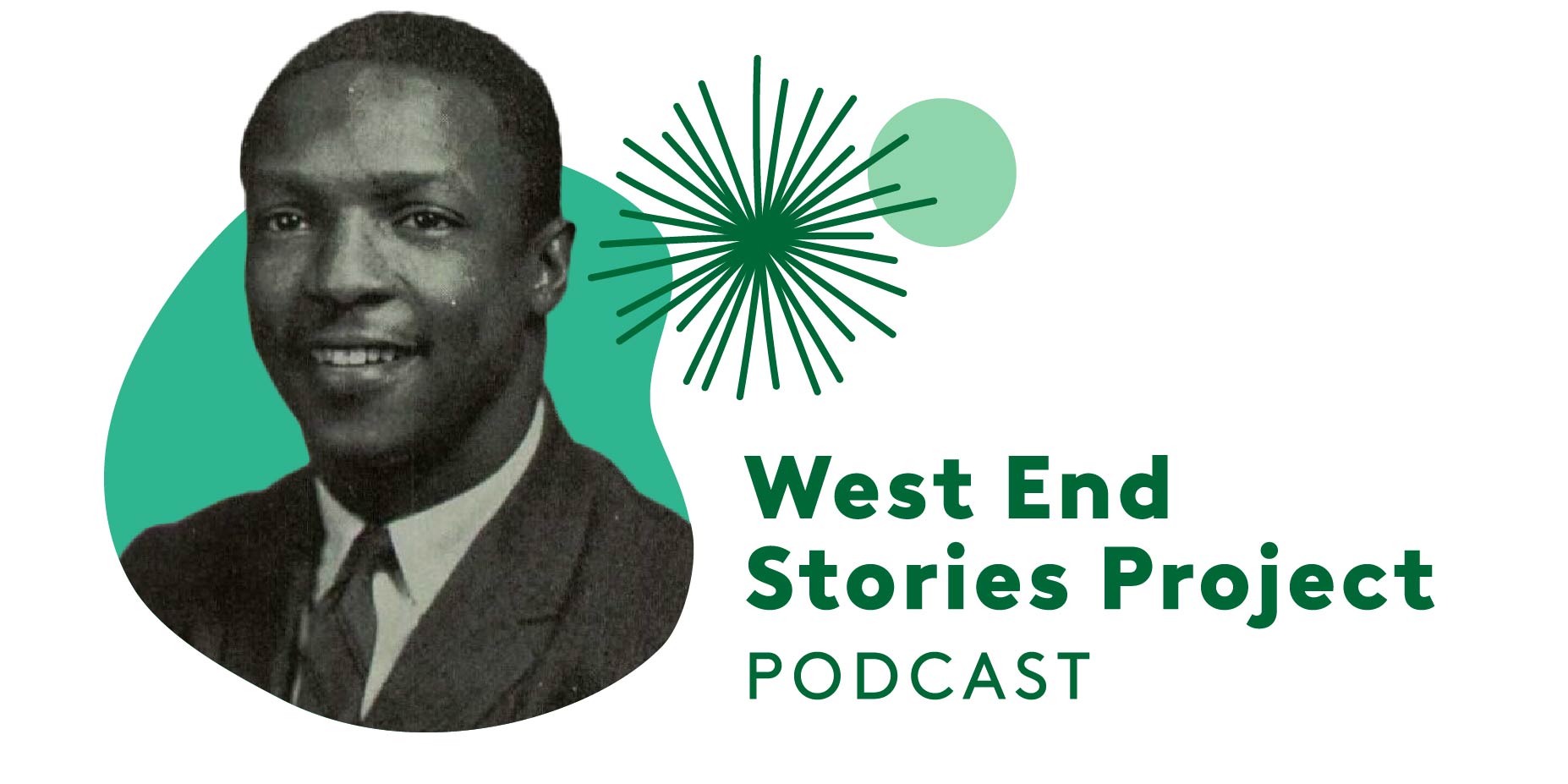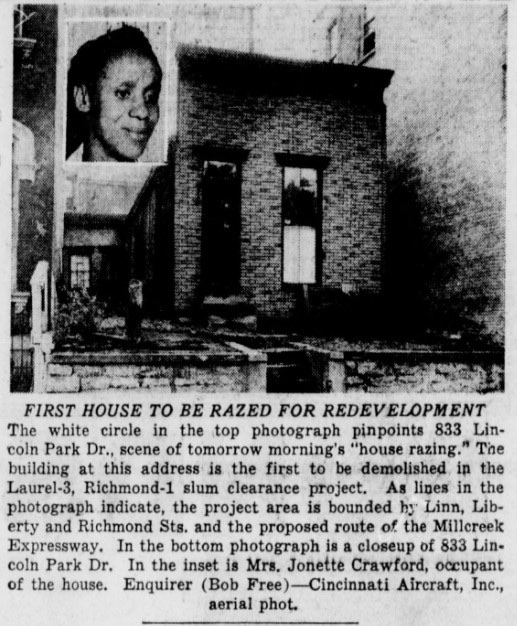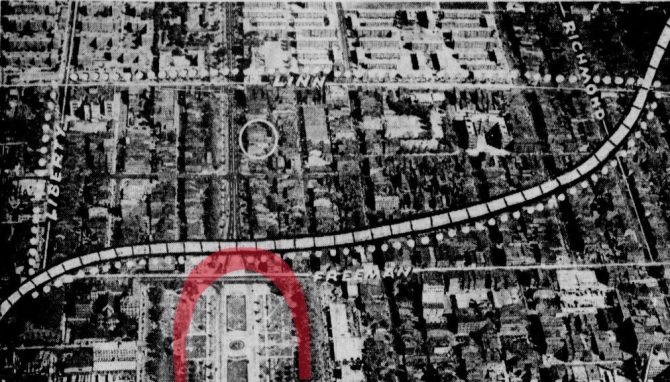
Written by Keloni Parks, Branch Manager, West End Branch Library
Navy Veteran David Daniels grew up in the West End during World War II and lived on Fifth and Mill Streets and Cutter Streets with his mother, little sister, uncle, and grandparents. When he returned from the Navy in the late 1950s that section of Fifth and Cutter was gone, and Mill Street was eliminated completely.
Episode Notes
“It looked like there was a warzone,” said Mr. Daniels, who returned to Cincinnati’s West End on military leave around 1956. At that time, Mr. Daniels departed from and arrived at Cincinnati Union Terminal train station, a terminating vista at the end of Ezzard Charles Drive (then Lincoln Park Drive). Ezzard Charles Drive and surrounding streets were lined with hundreds of single and multi-family dwellings that he more than likely passed on his way to the station.
This area, bounded by Liberty, Linn, Richmond, and Freeman near Union Terminal became known as the urban renewal project Laurel-3, Richmond-1, and the demolition of this area proceeded the demolition of the Kenyon Barr Urban Renewal Project south of it. By 1955, 92 of the 1,823 families affected had been “evacuated,” and by 1956 four hundred and twenty-seven pieces of property had been purchased for $3,610,790. The first home was demolished in 1955, and demolition was scheduled to continue until 1957. Afterward, several developments were built in the area, including the West End Branch Library (formerly Lincoln Park Branch) in 1961, and Richmond Village in 1962.
Mr. Daniels lived on Fifth and Mill Streets, as well as Cutter Street, which became part of the Kenyon Barr project. When he got out of the Navy in the late fifties, the area where he lived had also been demolished, and the Millcreek Expressway (Interstate 75) was being constructed. “I couldn’t find a landmark nowhere that I could actually swear that this was where a particular thing was,” Mr. Daniels said.
Listen to past and future episodes of the West End Stories Project podcast by subscribing today. Find more CHPL podcasts on our website.




Add a comment to: “I Couldn’t Find a Landmark Nowhere.” David Daniels Shares His West End Story